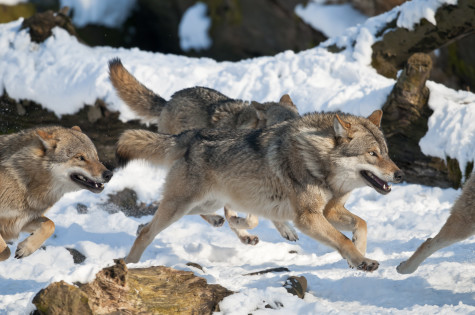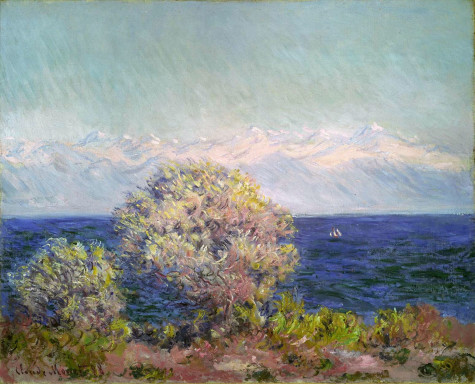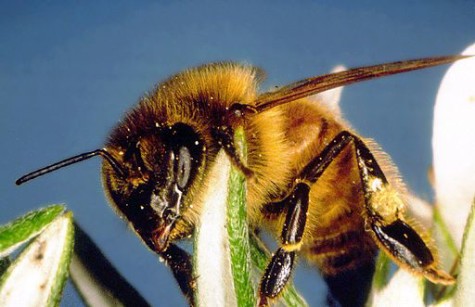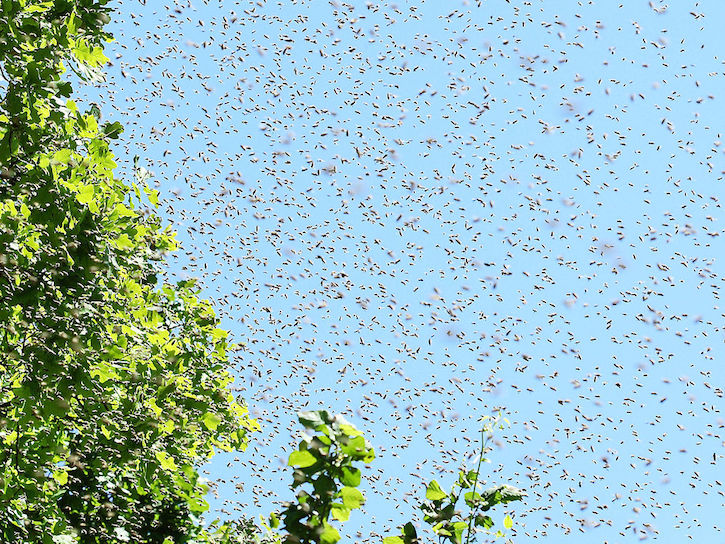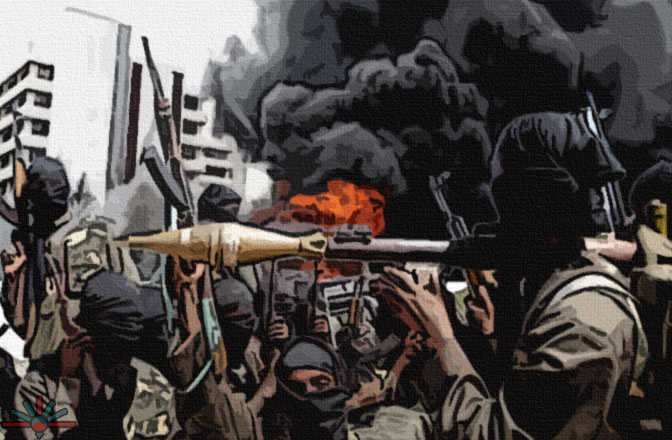I’ve been thinking a lot lately about an old friend of mine named William of Occam. You know the guy I’m talking about, right? Skinny little kid in the monk’s robe who doesn’t say much. Sure you do. Some guys call him “Sharp Willy” or “Billy the Knife.” I’m not sure why, I assume it has something to do with the fact that he’s so skinny.
If you don’t know him, man, you’ve missed out. He’s quiet guy, keeps to himself unless he’s drunk. But once he gets going he’s hilarious. “Why say something if silence will accomplish the same thing?” he used to say to me. He was full of those kinds of quotes, which were awesome once you got him to stop saying them in Latin.
Anyway, in college Will and I would go drinking together and shoot pool every Thursday. I remember he was careful and fastidious – a real Type A, you know? He hated wasting anything. Time, words, pool cue chalk, all of it had to be just so. No more, no less. Continue reading


